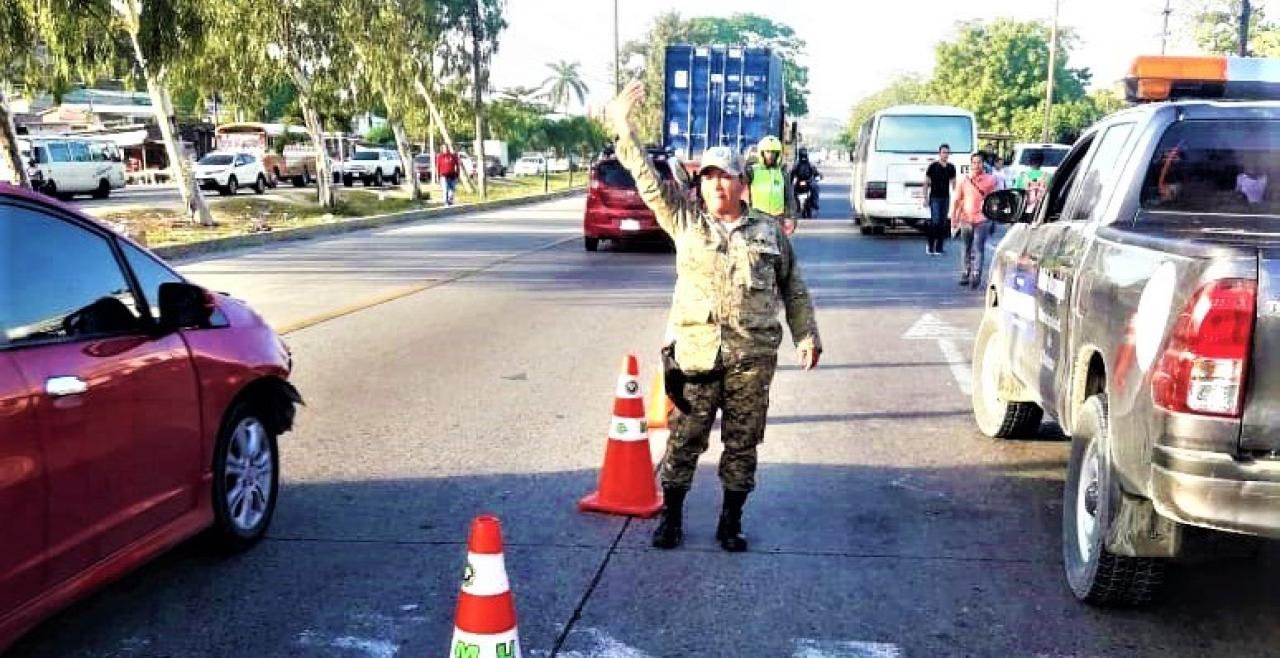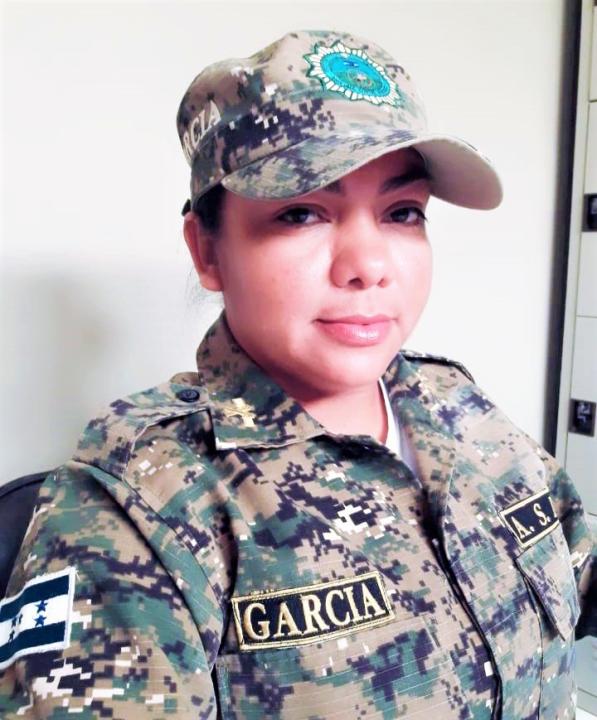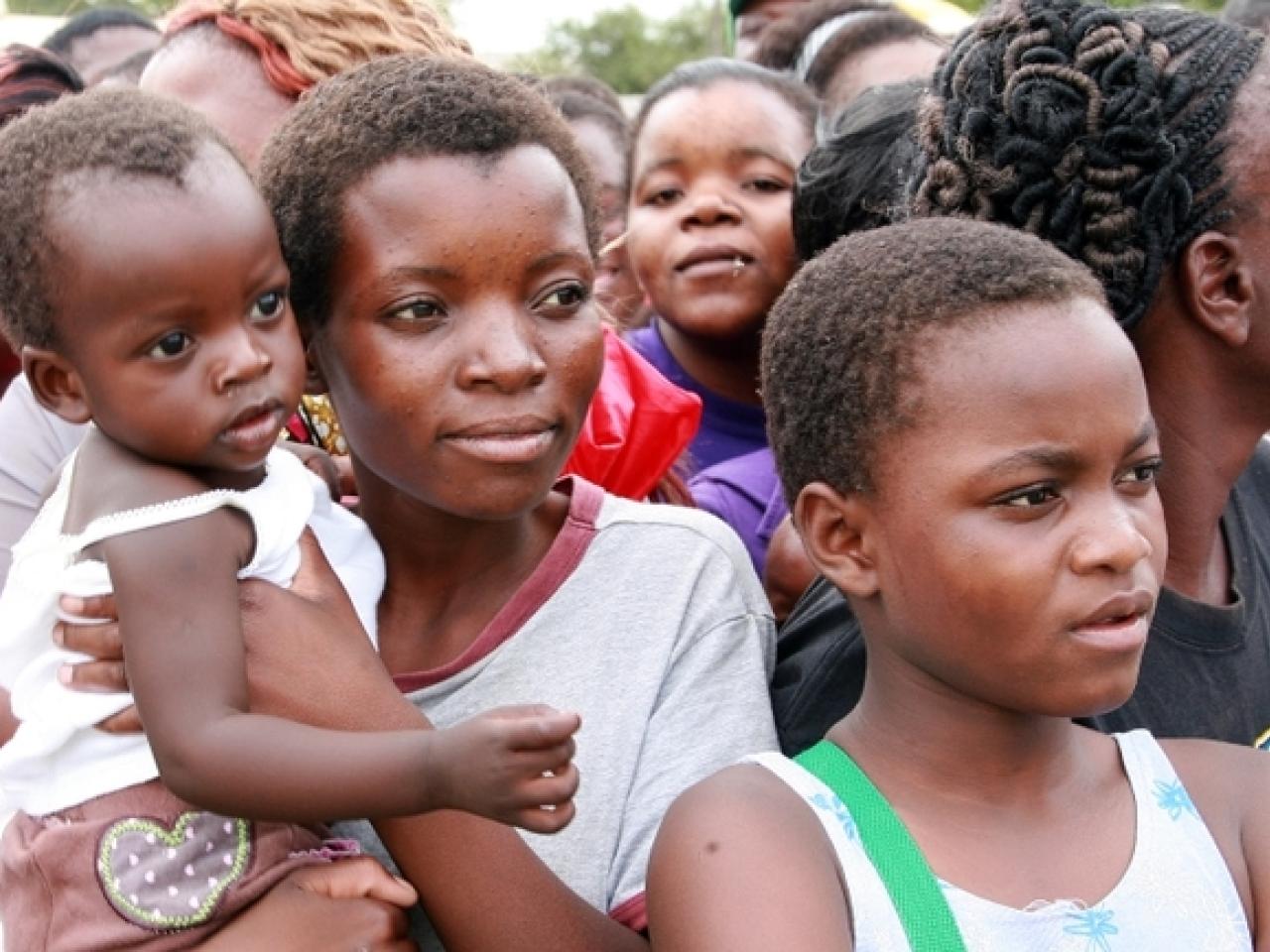From domestic violence survivor to police officer

Amparo García, 34, is a community police officer in Choloma, a municipality in Honduras just north of San Pedro Sula near the Guatemalan border. It’s the third-largest city in Honduras and has one of the country’s highest rates of domestic and gender-based violence – significant for a nation in which 27 per cent of women experience some form of violence in their lifetime. Ms. García understands these women better than most police agents; she used to be one of them.
“I was so afraid that even hearing a dog bark made me very nervous," she says of the eight years she spent in a violent relationship. These days, she supports other women in similar situations.
After leaving her abusive partner, she saw an ad in a newspaper for a training programme to become a community police officer. She signed up, inspired by a policewoman she had long admired. Her ambition and skill made her stand out and she quickly gained the recognition of her superiors, though not everyone was pleased.
"When the Police Director asked everyone to give me a round of applause after an exercise, an agent who had harassed me before was angry," she recalls. “He tried to move me from my station and demerit my work with different authorities in the police. But they couldn't do it,” says Ms. García. She had the support of her supervisor, Azucena Méndez, the Director of the Municipal Police.
“I defended Amparo because she is very capable and an example for the other women in the police,” says Mr. Méndez.
Ms. García's treatment at home and at work show that harmful gender norms can pervade every aspect of life, though women like her are helping to change that.
Building trust to end violence
Preventing violence requires local authorities to build trusting relationships with citizens and in many areas, this role falls to the community police. They spend a large part of their day talking with people to identify problems within their jurisdiction and assisting the national police in some matters, including cases of gender-based violence. Though it’s not part of her role, Ms García often guides domestic violence survivors through the legal process, explaining how to file a report and where to seek help.
“I used to cry a lot, now I feel capable and I help other women to thrive with my example.” - Amparo Garcia, community police officer
Spotlight Initiative is working in Ms. García’s district of Choloma and other priority areas of Honduras to make this process easier for women experiencing domestic violence. The Initiative has partnered with the national police force to increase their capacity to serve survivors and to develop an institutional gender strategy.
As well as playing an active role in ending violence against women and girls, Ms. García has become a role model to others and is living proof of what’s possible when women have equal opportunity to succeed.
“Entering the municipal police increased my confidence,” says Ms. García. “I used to cry a lot, now I feel capable and I help other women to thrive with my example.”
Story and photos by Gabriela Villeda


